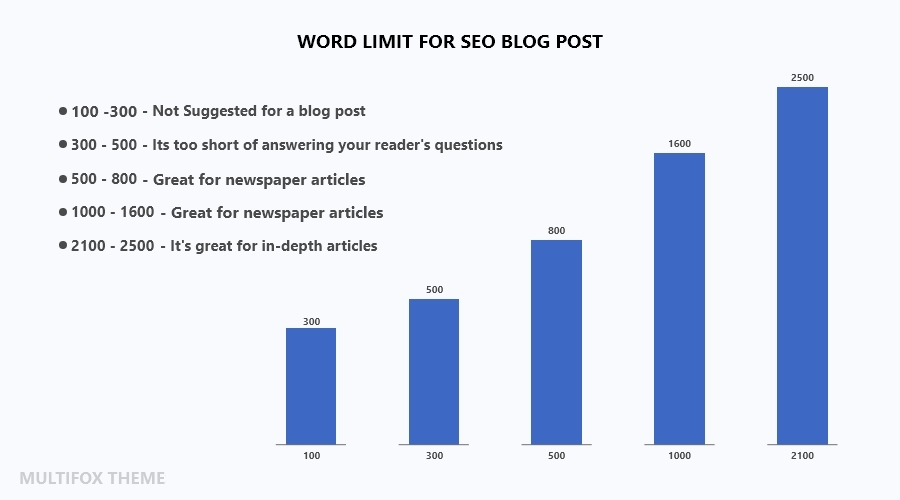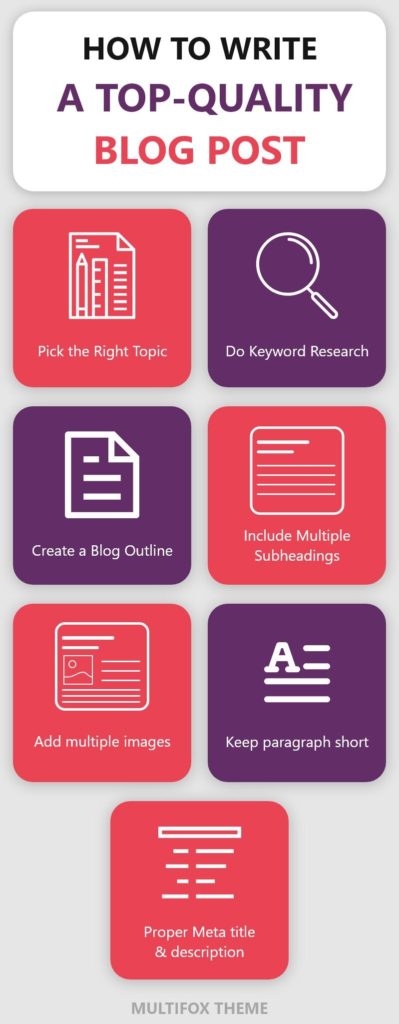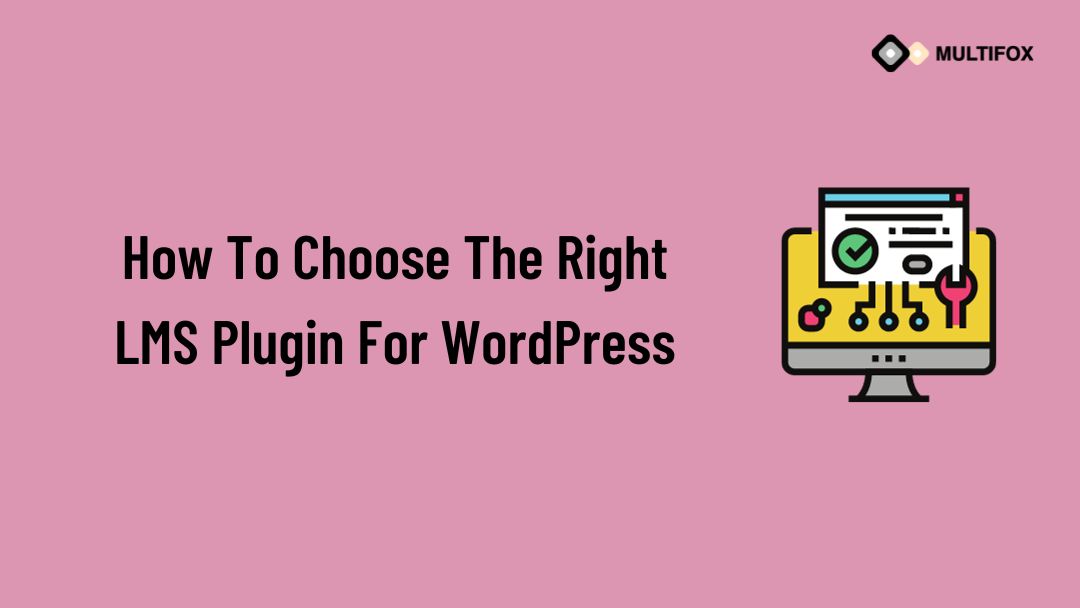If you’re planning on running or are currently running an educational website, then you should add an LMS or a learning management system plugin...
Crafting a blog post is the best way to share your opinions and ideas with readers. An SEO-friendly blog can help you increase website traffic, gain social network shares, and generate backlinks.
In order to get the most out of them, your content should be written professionally at the optimal length.
This raises a crucial issue: “what is the optimal length for an SEO blog post in 2023?”
With that in mind, this article is created so that you reap the maximum benefits from your blog posts.
Here you go!
Table of Contents
How Long Should An SEO Blog Post Be?

- Posts less than 300 words:
Posts less than 300 words are not suggested. This is because you need to answer your target readers’ queries in a single post.
So 300 words are not sufficient to respond to all their queries. Thus, you need to avoid this specific length.
- 300-500 words:
300-500 words are too short of answering your readers’ questions. You cannot provide an ultimate solution to their problems in a 600-word post.
Hence, avoid following this length.
- 500-800 words:
You might find articles in newspapers or journals of this length. Moreover, copywriters create product descriptions of this particular length.
- 1000-1600 words:
This blog post length gives you more room to go deeper on your topic. Marketers create promotional posts of this length.
- 2100-2400 words:
Stats reveal that a blog post containing 2100-2400 words is considered to be optimal.
When you write the content of this length, you will get a better chance to rank your site higher.
What Does Google Say About The Optimal Length Of A Blog Post?
Martin Splitt (a developer advocate at Google) reveals that word count is not a ranking factor for Google.
Google does not take into account word count while ranking pages.
In addition, John Mueller replied to a particular tweet on Twitter.
But it does not mean you write a short post because Google does not care how many words you have written.
However, Google wants to satisfy user intent.
So you should create a blog post to satisfy readers.
If you can satisfy readers with a short post, you don’t need to craft a 2500-word post to please Google and readers.
Quality Triumphs Quantity: Focus On Creating Quality Content
The average word count for articles and the misconception that you need more words on each page to rank highly are topics that too many people focus on.
It’s vital for the article to have length, but it is not worthwhile to publish a 2,000-word review of a movie talking about the main character.
Not at all!
There are undoubtedly additional aspects and situations in the film that determine whether it is excellent or awful. Discuss them.
People searching for information on a movie are searching for that. The genuine inquiries are:
- Was the movie excellent?
- Why was it good or bad?
- Should I watch it?
The finest movie reviews provide straightforward answers to all three of those queries.
No matter how many words are required to express it, give users what they desire.
Keep in mind that your readers can instantly figure out when you write dull text to increase the word count.
That implies longer postings, if they do not add anything of value, might potentially hurt your site’s ranking in search.
How To Write A top-quality blog post

Follow these seven tips to write an amazing blog post.
1. Do plenty of research & Pick the Right Topic
It is always wise to do all your research before writing a larger post to avoid being overwhelmed.
You should be completely aware of the subject, the strategies used by competitors, your objectives, and the audience for which the article is intended.
Read the top 8-10 blog posts that are now showing up in search results.
2. Do Keyword Research
Every single topic you choose to fix your readers’ pain points comes down to keywords.
Keywords are words and phrases that people type in Google’s search bar to get their questions answered.
You can use SEMrush, Ahrefs, or Keyword Planner to find high-search volume keywords.
3. Create a Blog outline
Creating an outline will help you organize your blog post. It can help you brainstorm your ideas and ensure your paper will be focused and organized.
So you should create an outline instead of starting a post from a blank page.
4. Write a Proper meta title & description
A meta title is a text displayed on Search Engine Result Pages (SERPs) and browser tabs to indicate a web page’s topic.
On the other hand, the text shown below the meta title is called the meta description.
The meta title and description should not be longer than 60 and 160 characters, respectively.
Titles and descriptions longer than this character length might get shortened by Google.
So you should carefully write within this character limit. Instead of counting characters manually, you can use reliable online word counter tools to calculate the total number of characters.
Simply visit the tool and start writing text into it.
This word-counting tool will automatically compute the total number of characters as you start typing into it.
You do not need to press any specific button. This tool will calculate the character count.
In this way, you can create an optimal meta title and description with this word-counting tool.
It is absolutely free to use.
5. Include Multiple subheadings
Remember, people do not always read articles word by word. Instead, they skim reading the text when they are short on time.
Accordingly, you need to stick them around your blog post. How?
You should include engaging headings and subheadings in your post.
6. Add multiple images & bullet points to break up paragraphs
Images and bullet points let you break up the longer text. In this way, your readers will not get bored.
Hence, including relevant images in your blog post is always wise.
7. Keep your paragraphs short & sweet
Lastly, you should keep your paragraphs short. Keep them to 100 or less than 100 words.
If your paragraphs are short, readers will not get lost in finding the necessary information. To make content sweet (more readable and user-engaging), you can use a paraphrasing tool to improve the overall quality of your written draft.
Optimal Length For SEO Blog Post – Wrapping Up:
We hope you like this article. You should always prefer quality content over quantity.
Include all key points in your blog post and give your readers a priority. Your audience will really appreciate it.
Read Our Related Blog:


